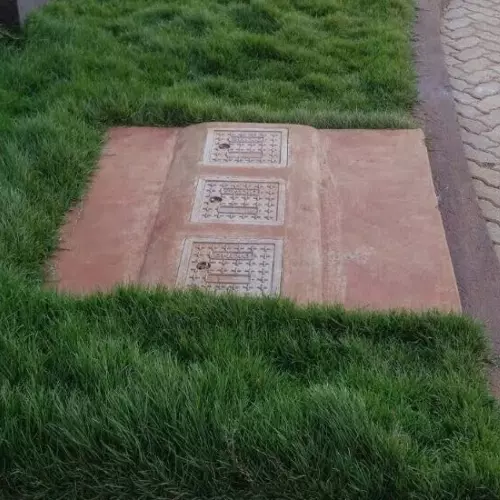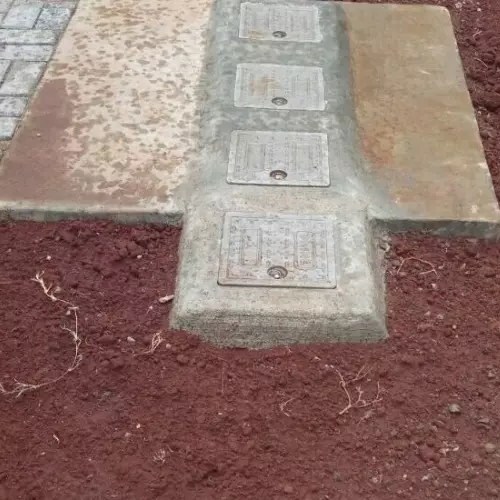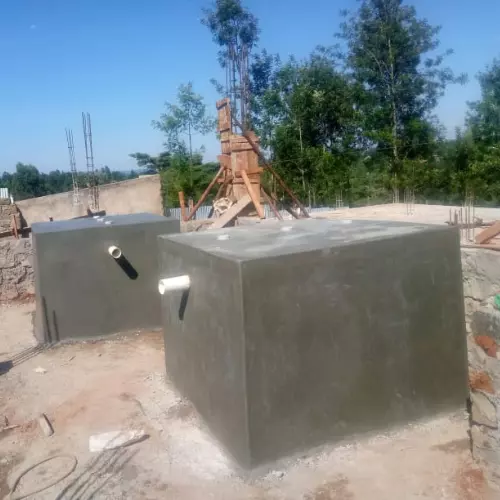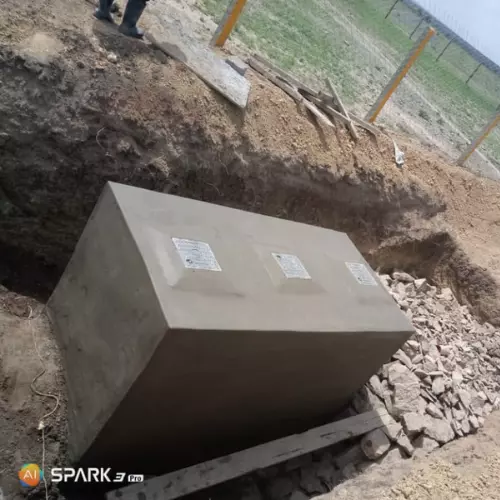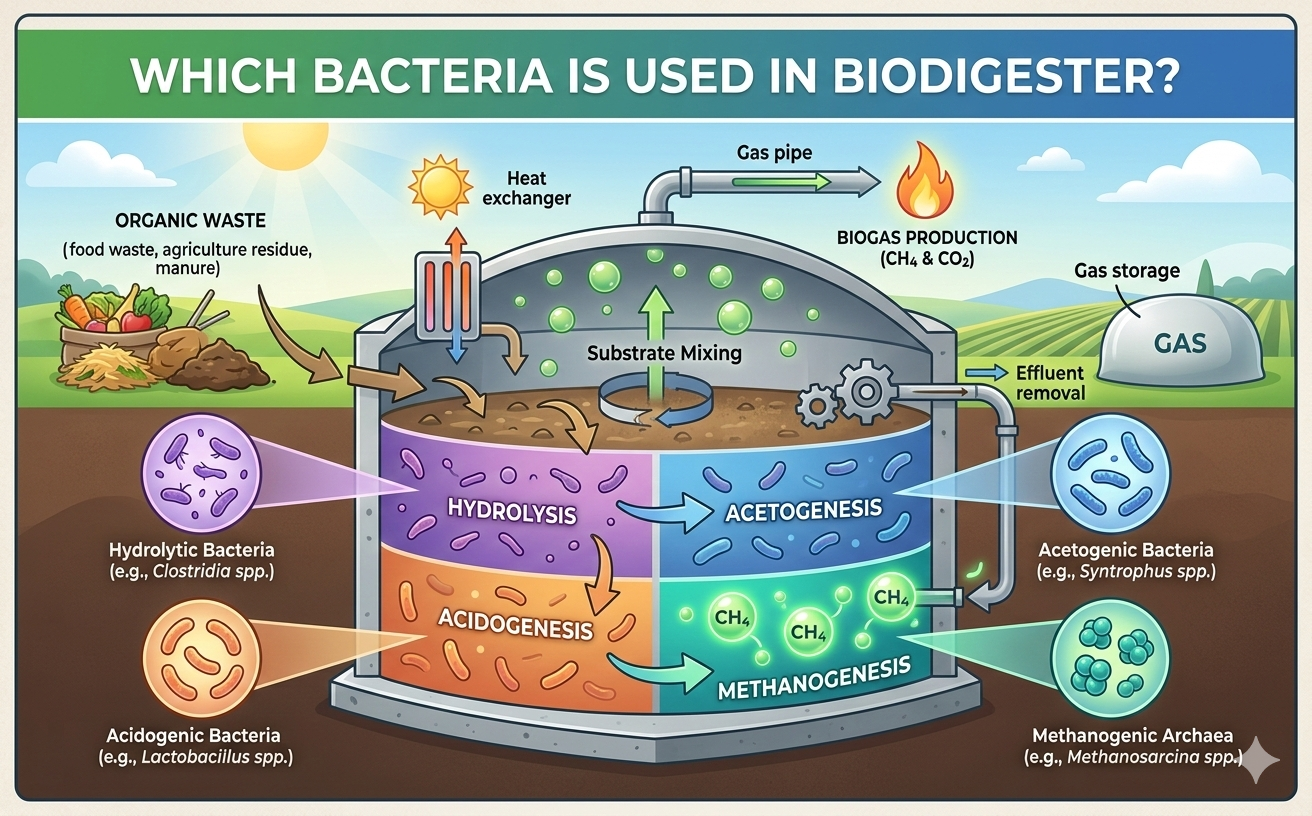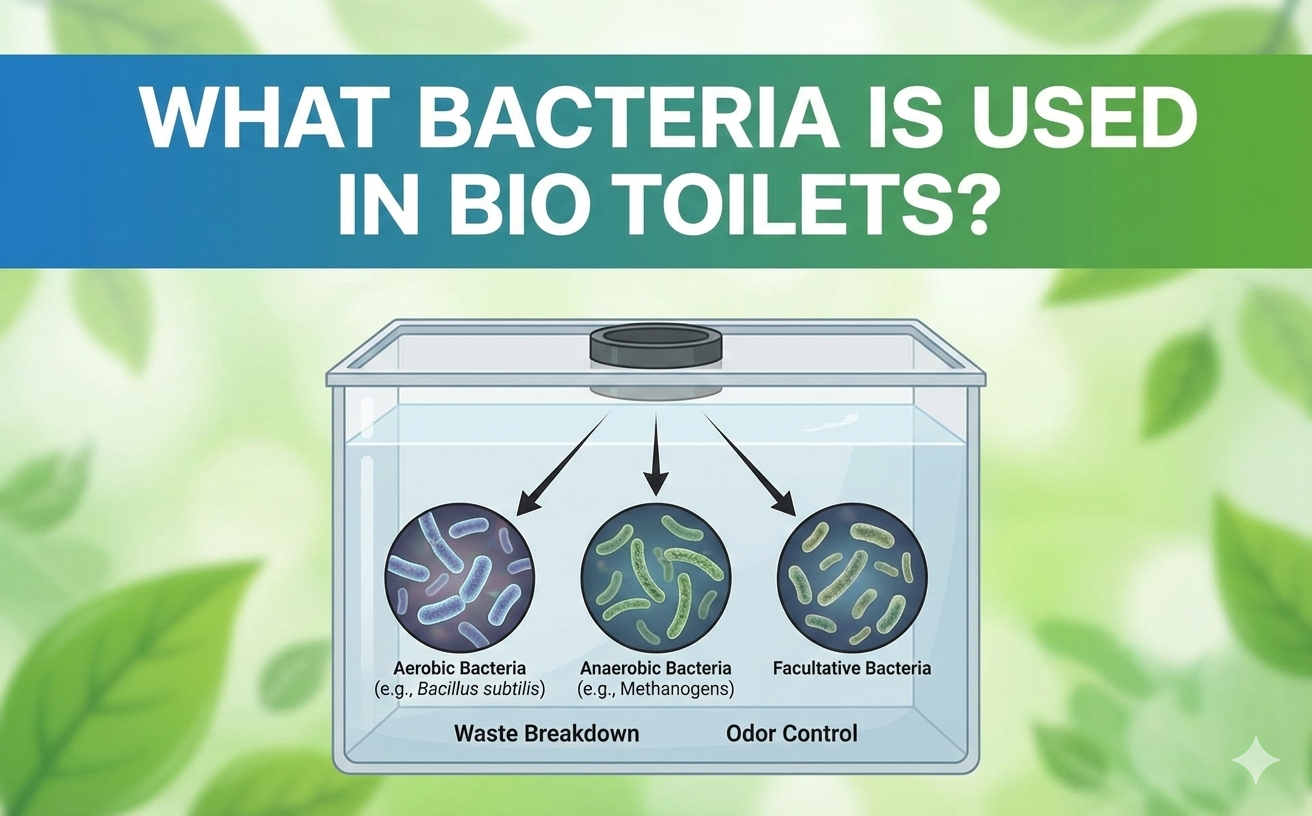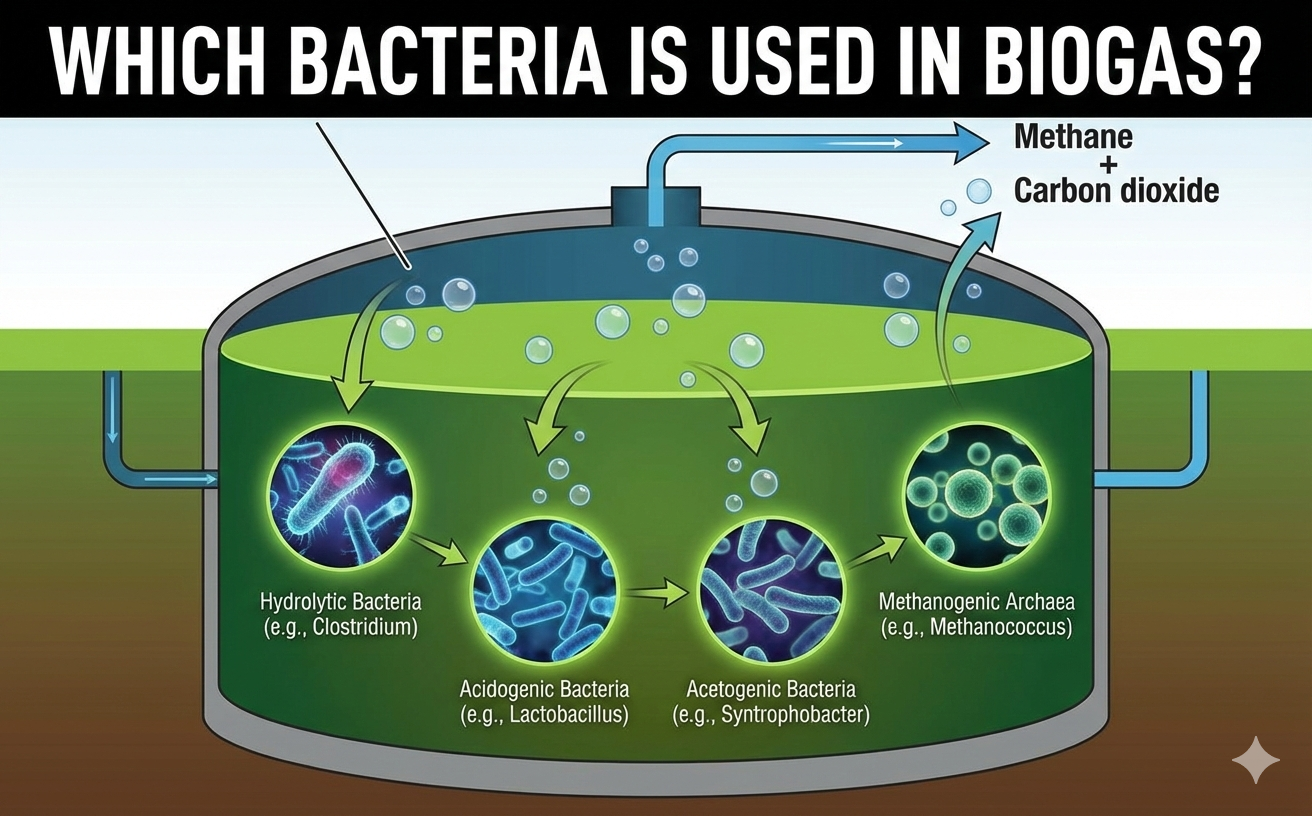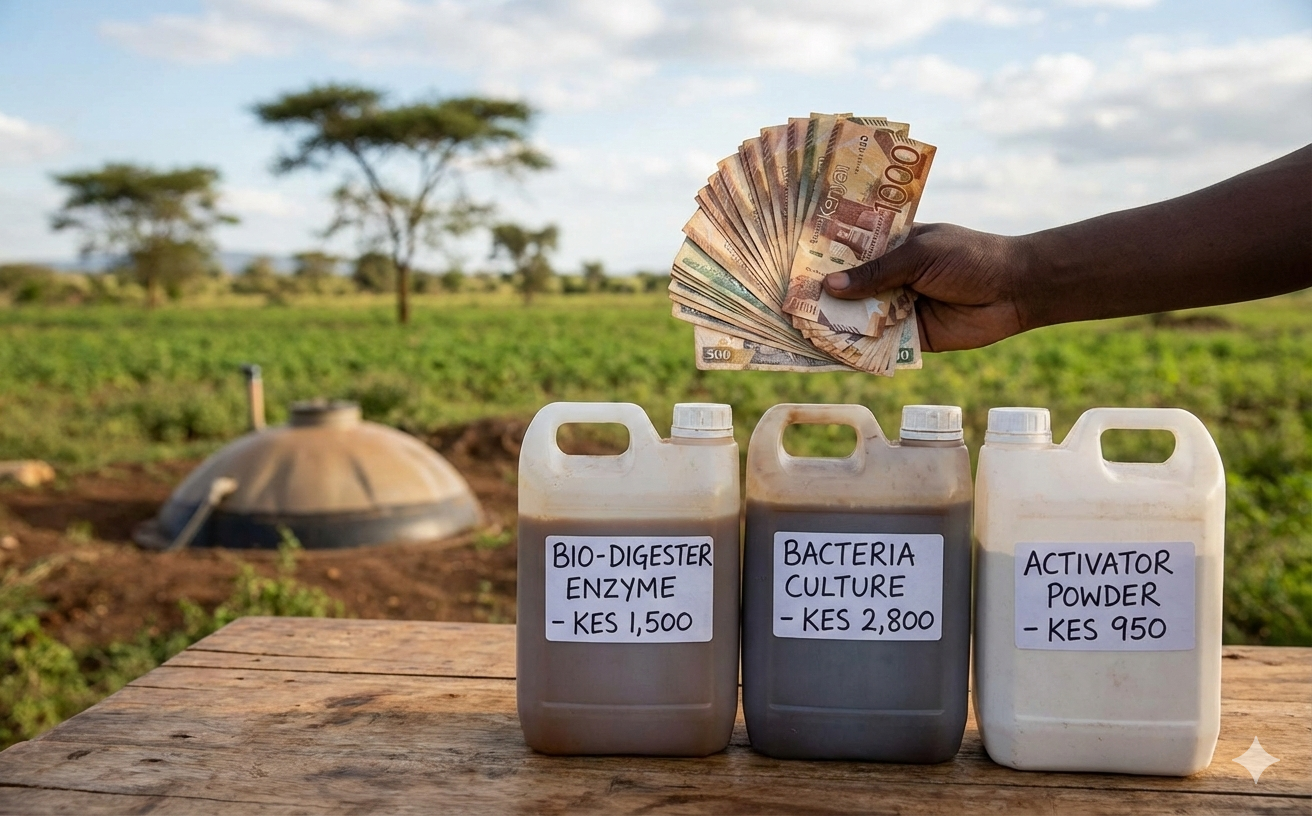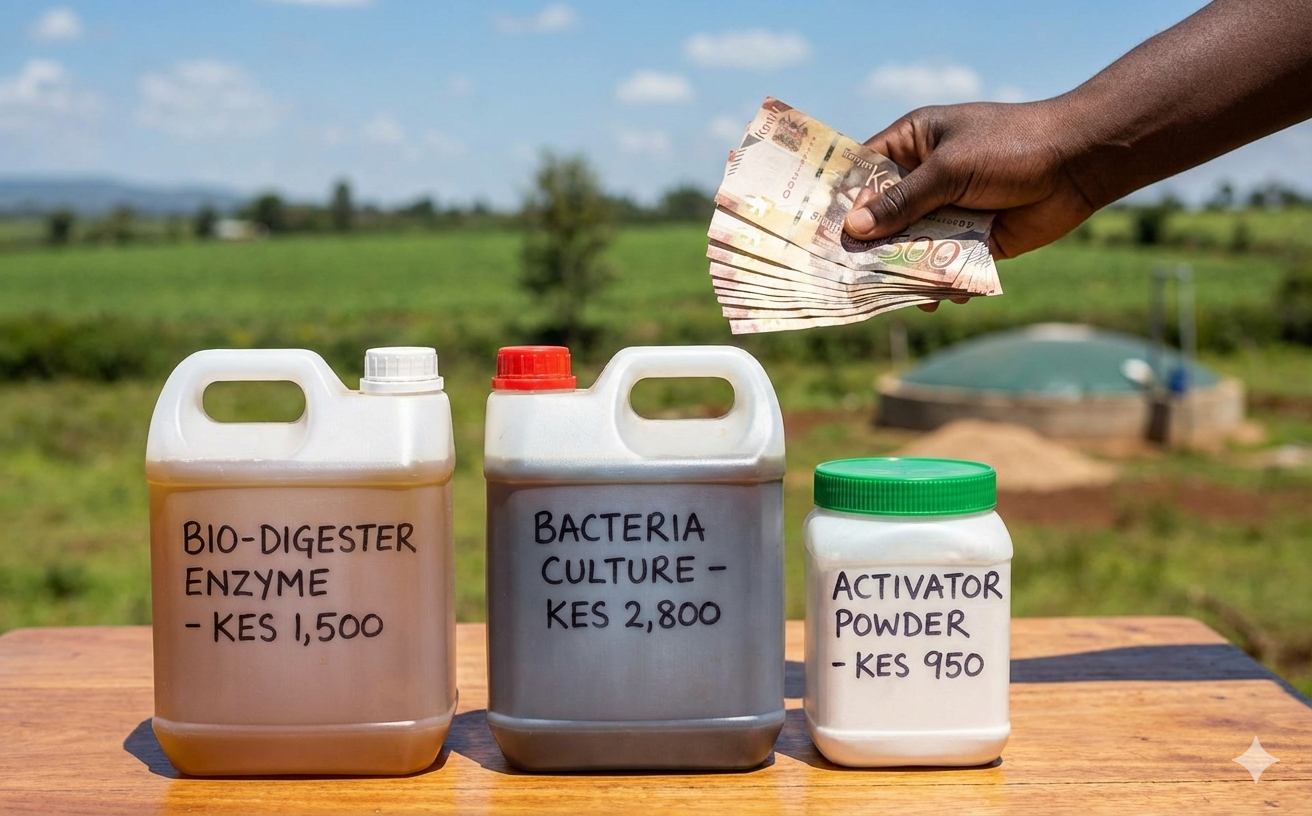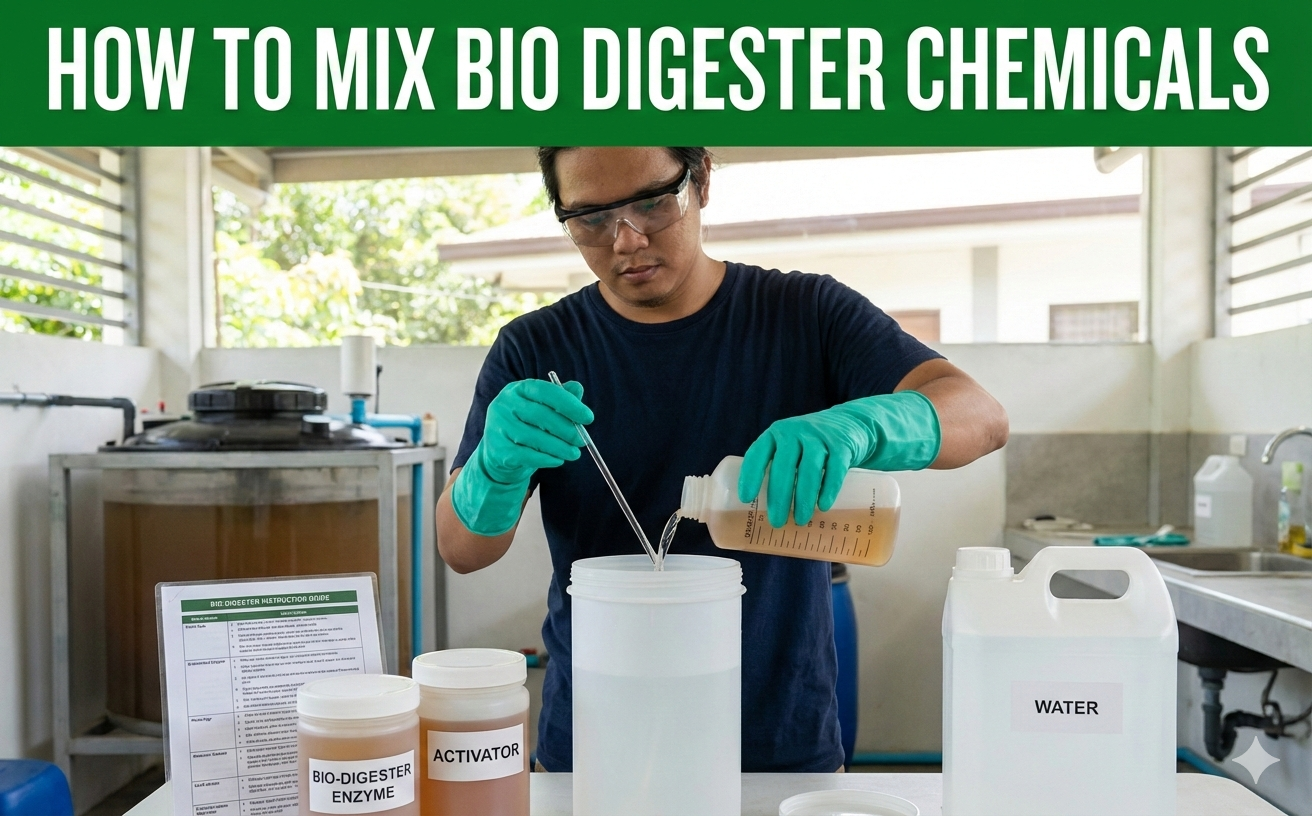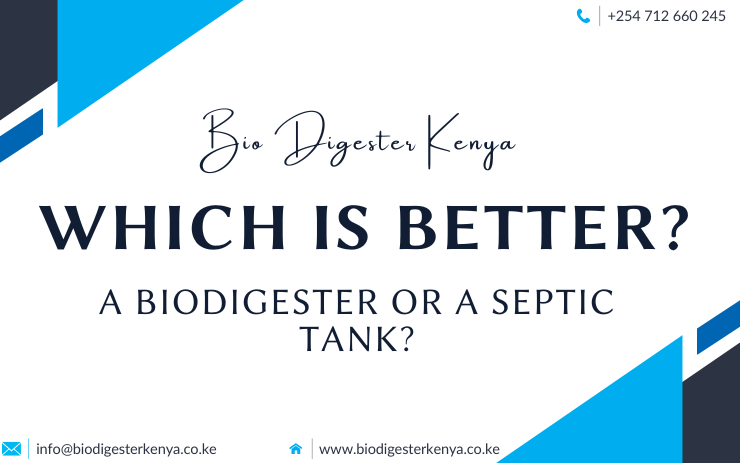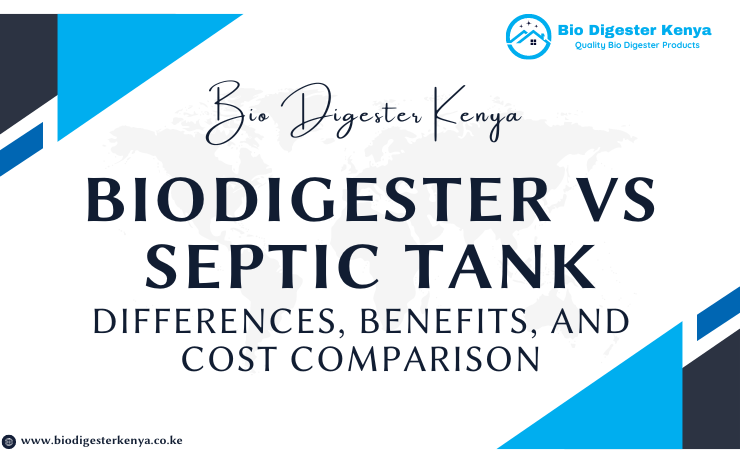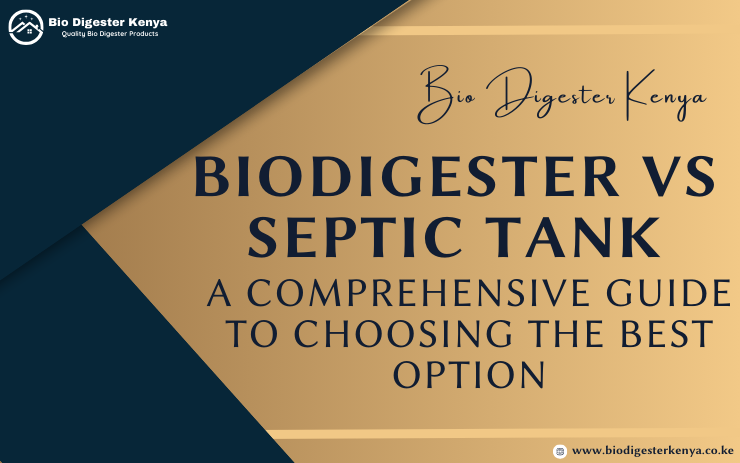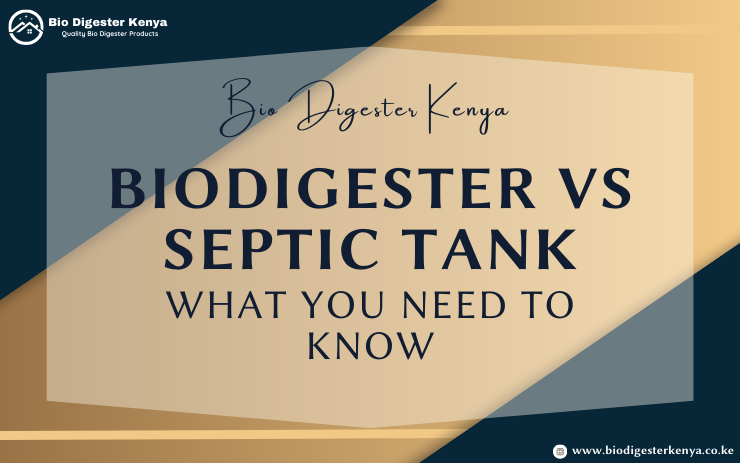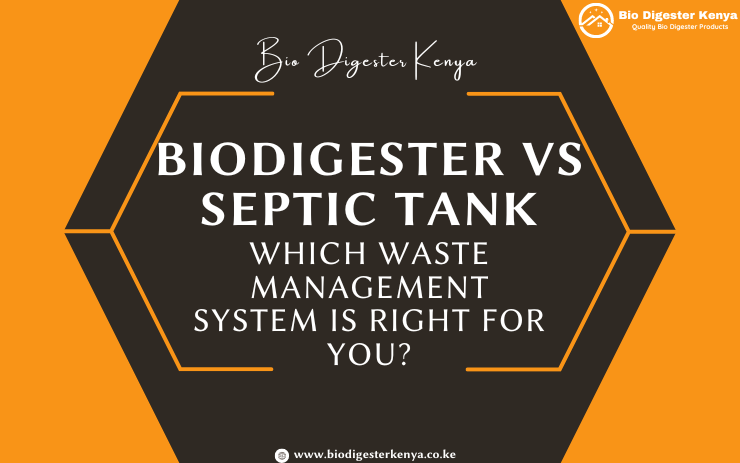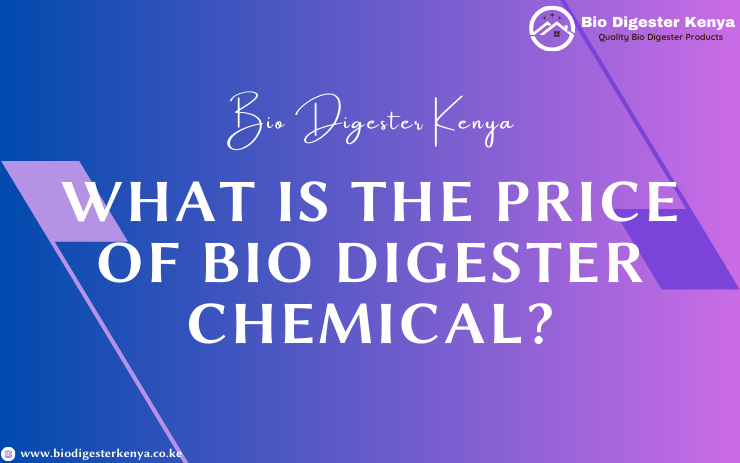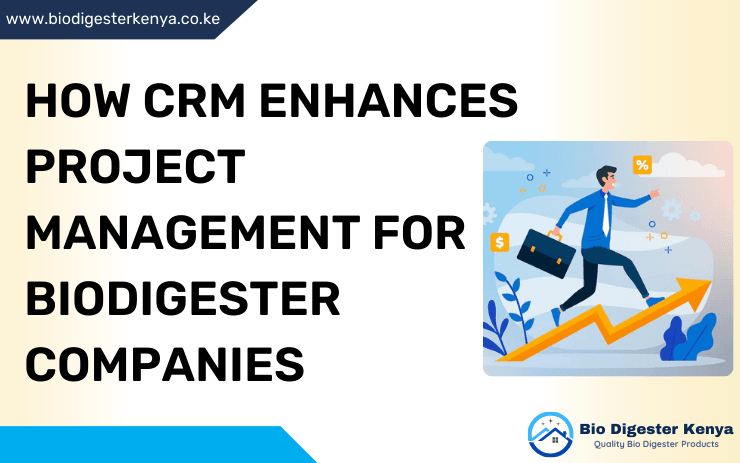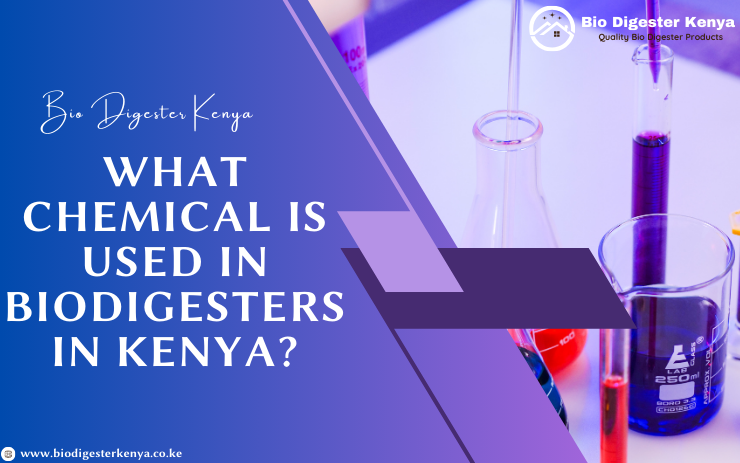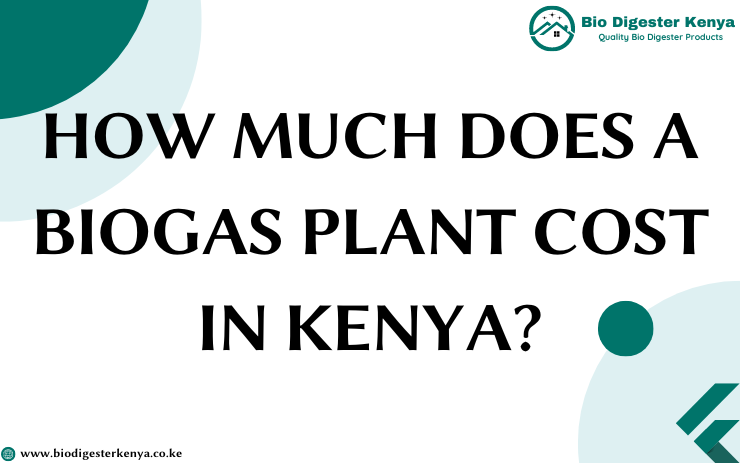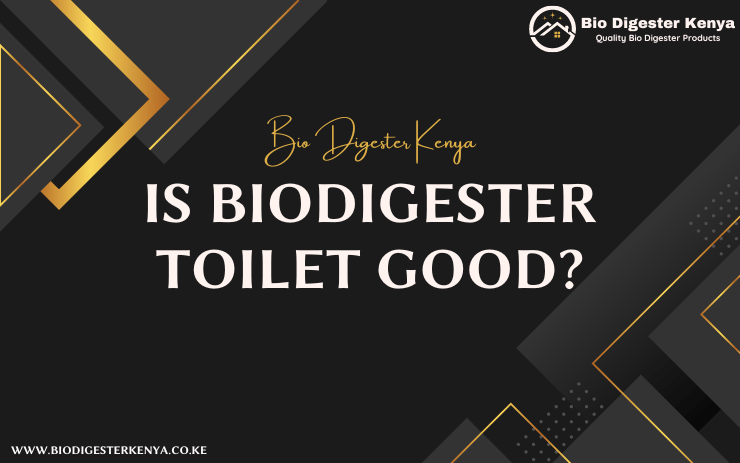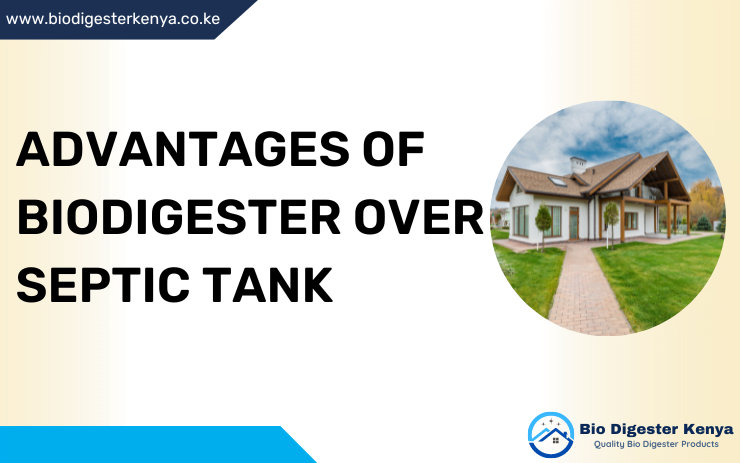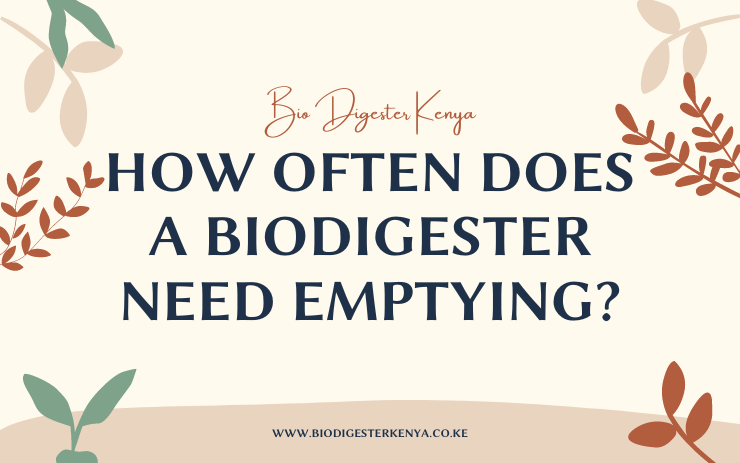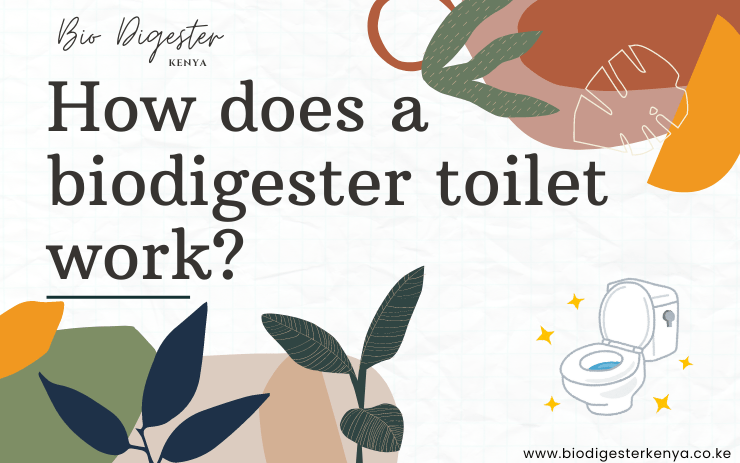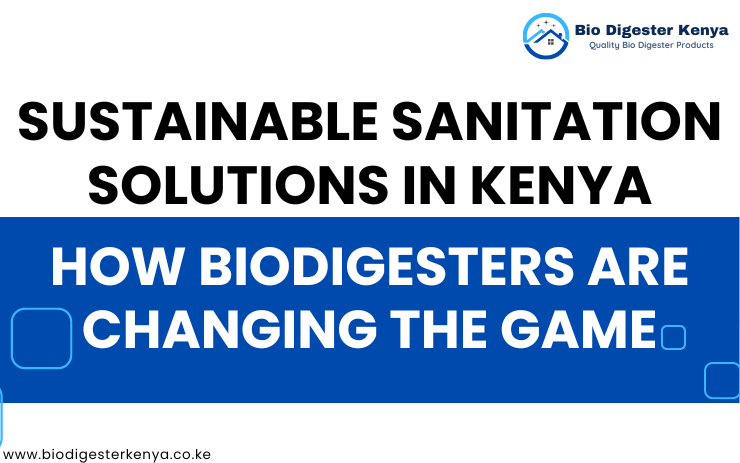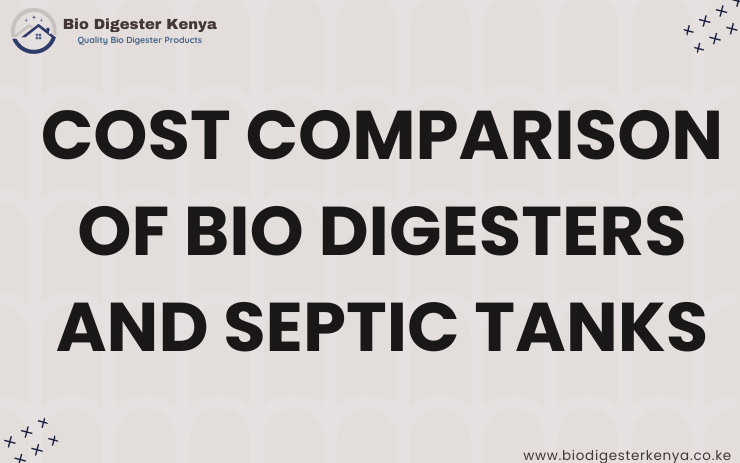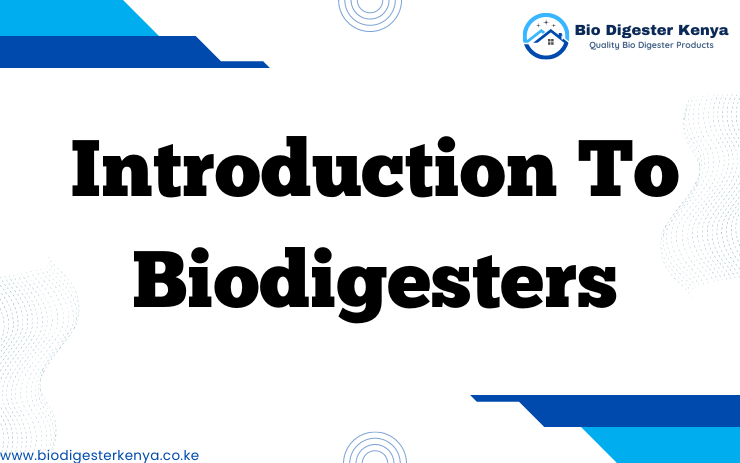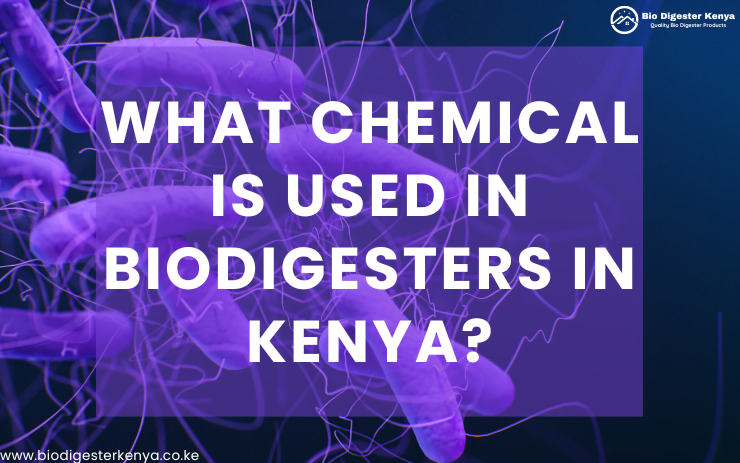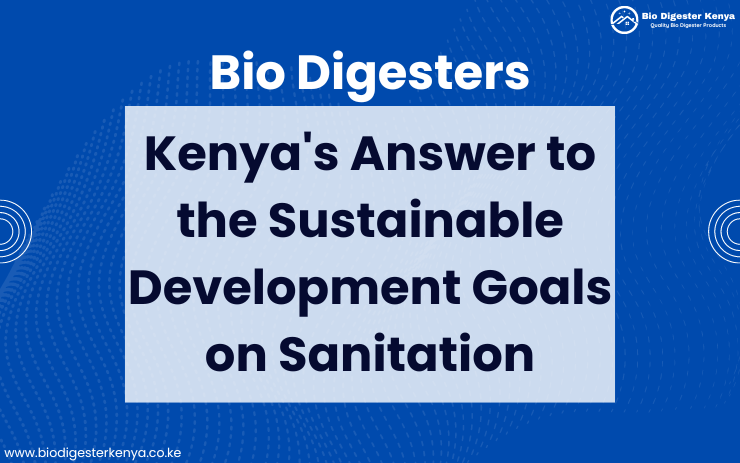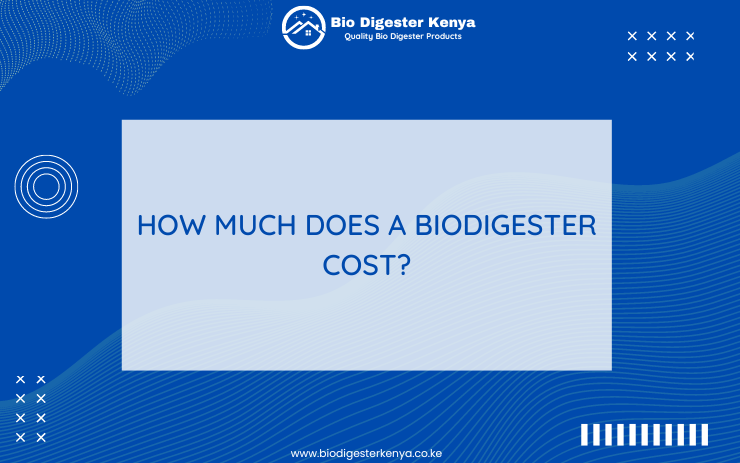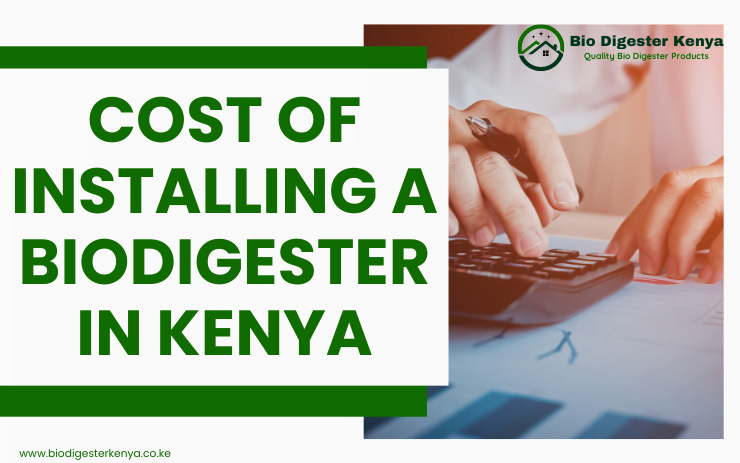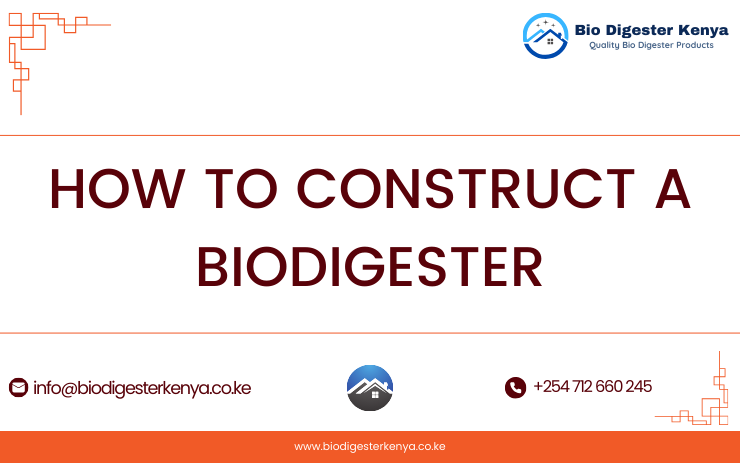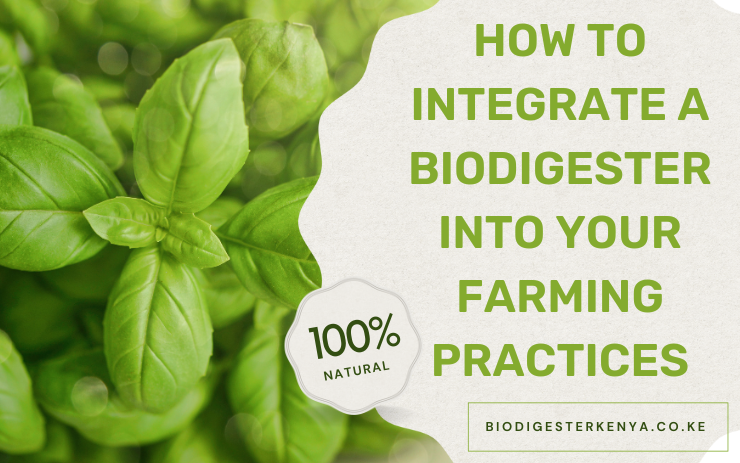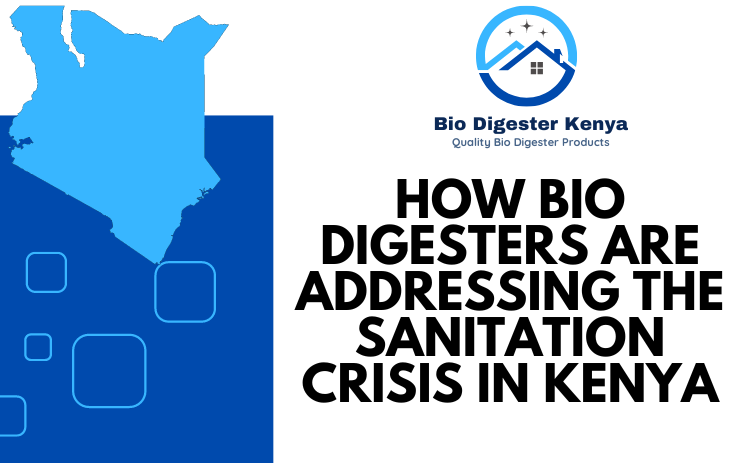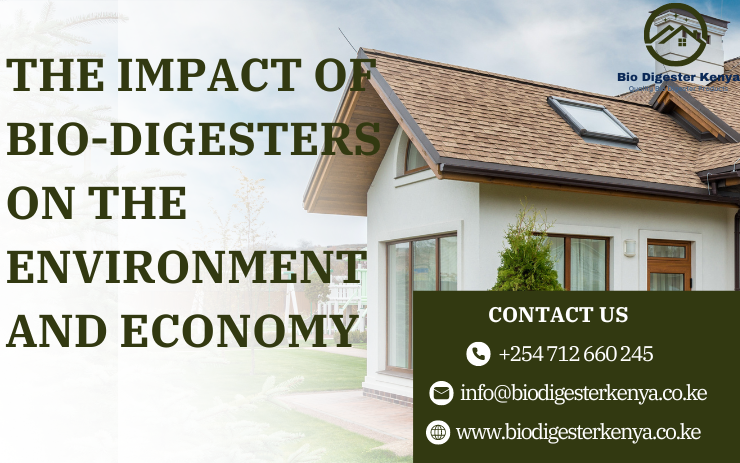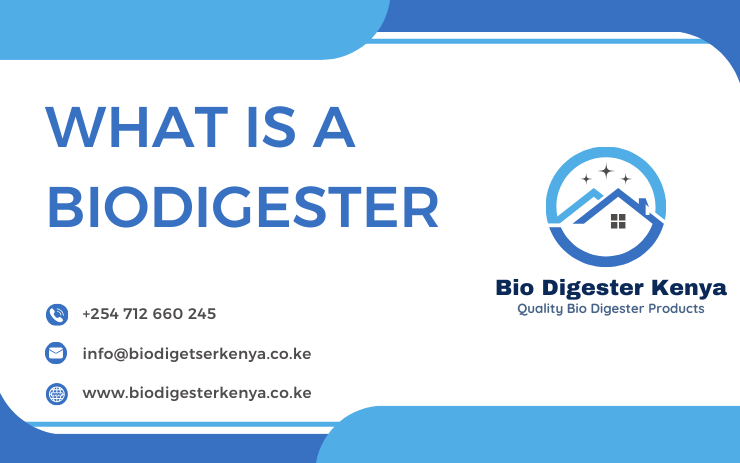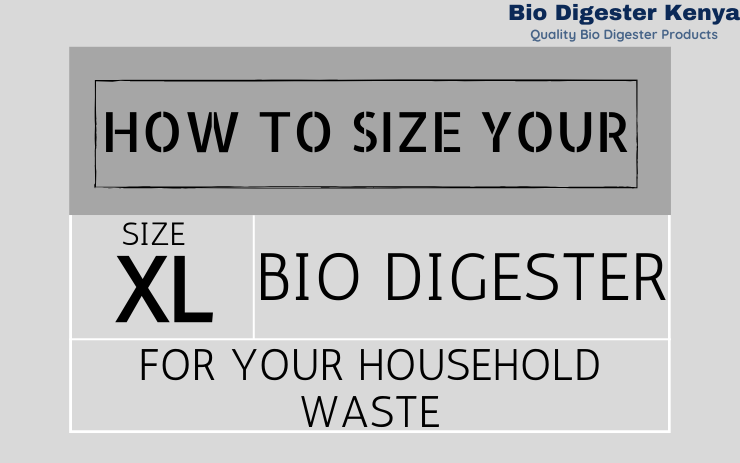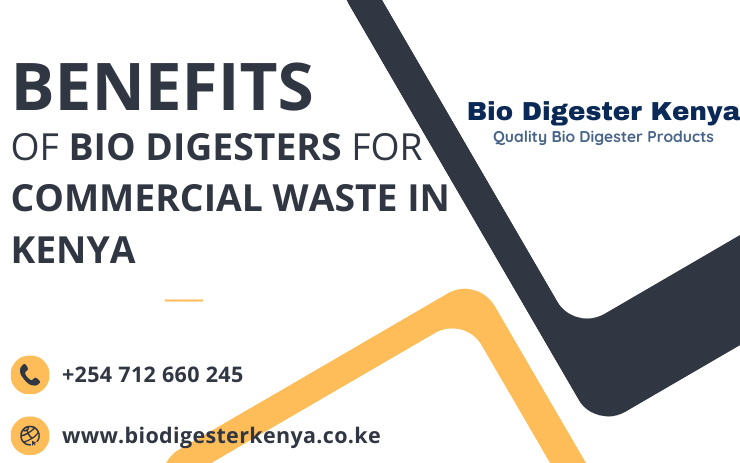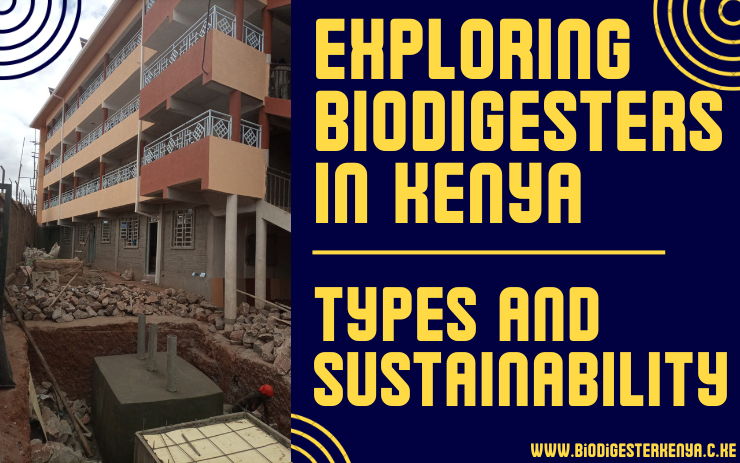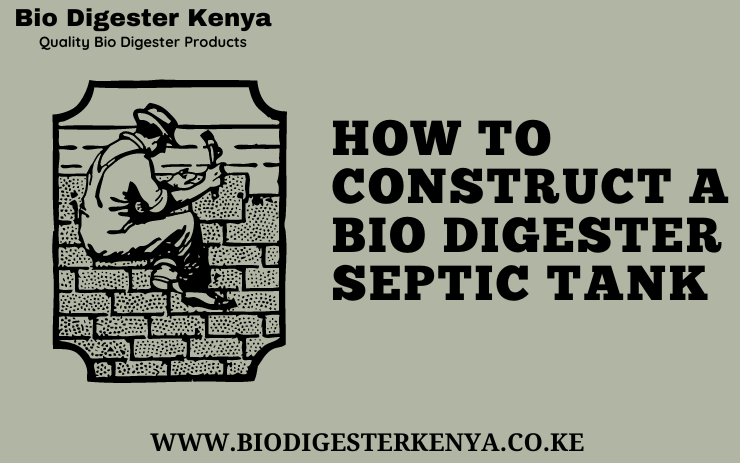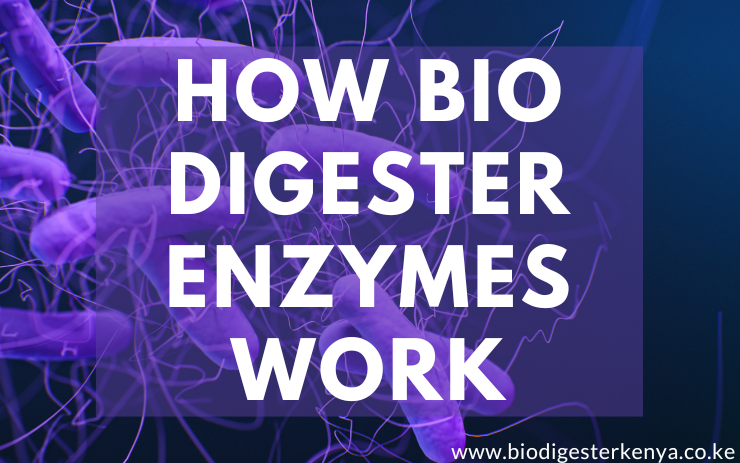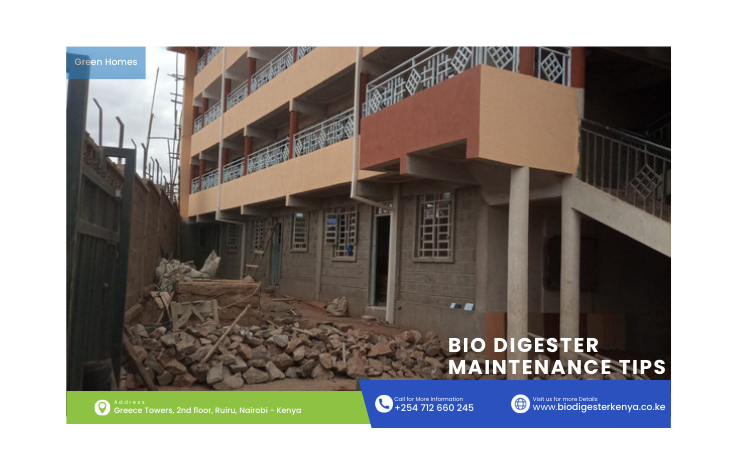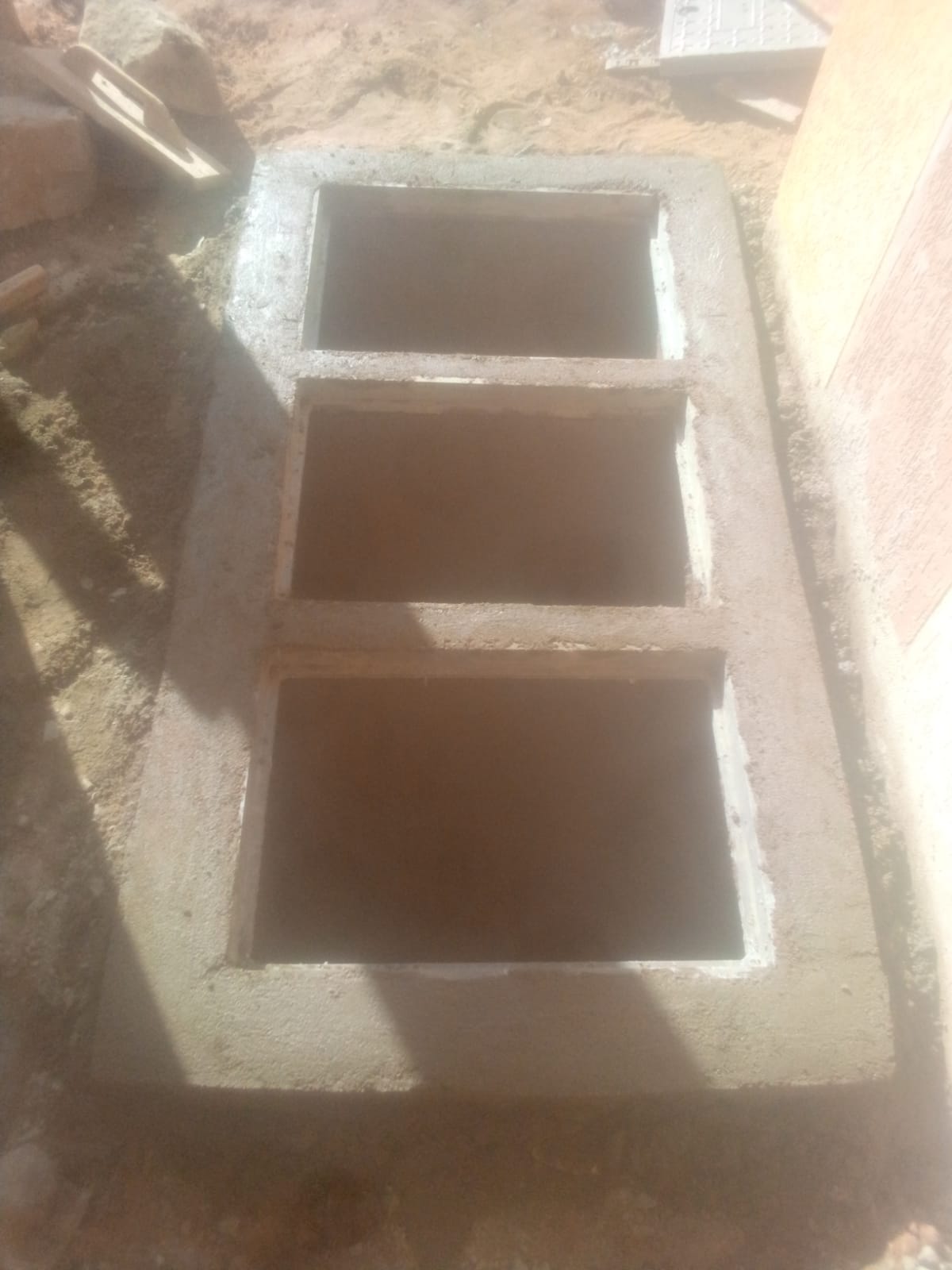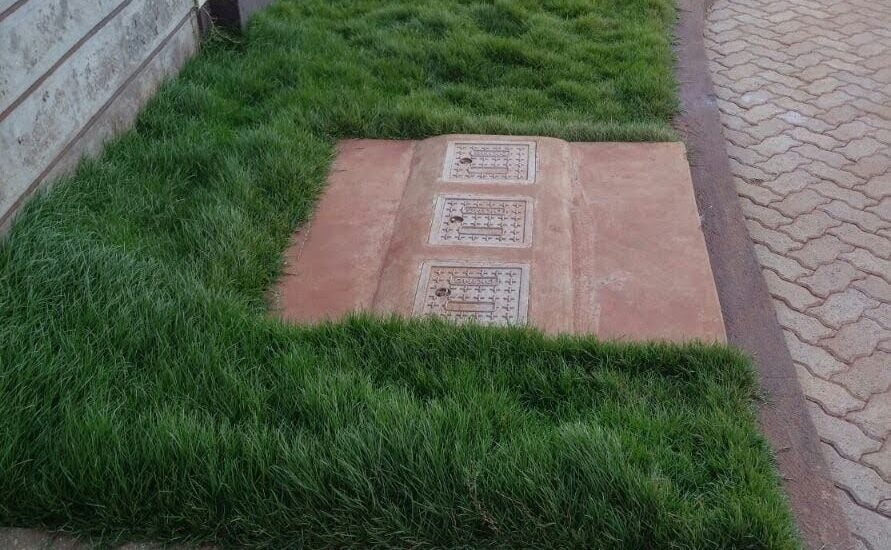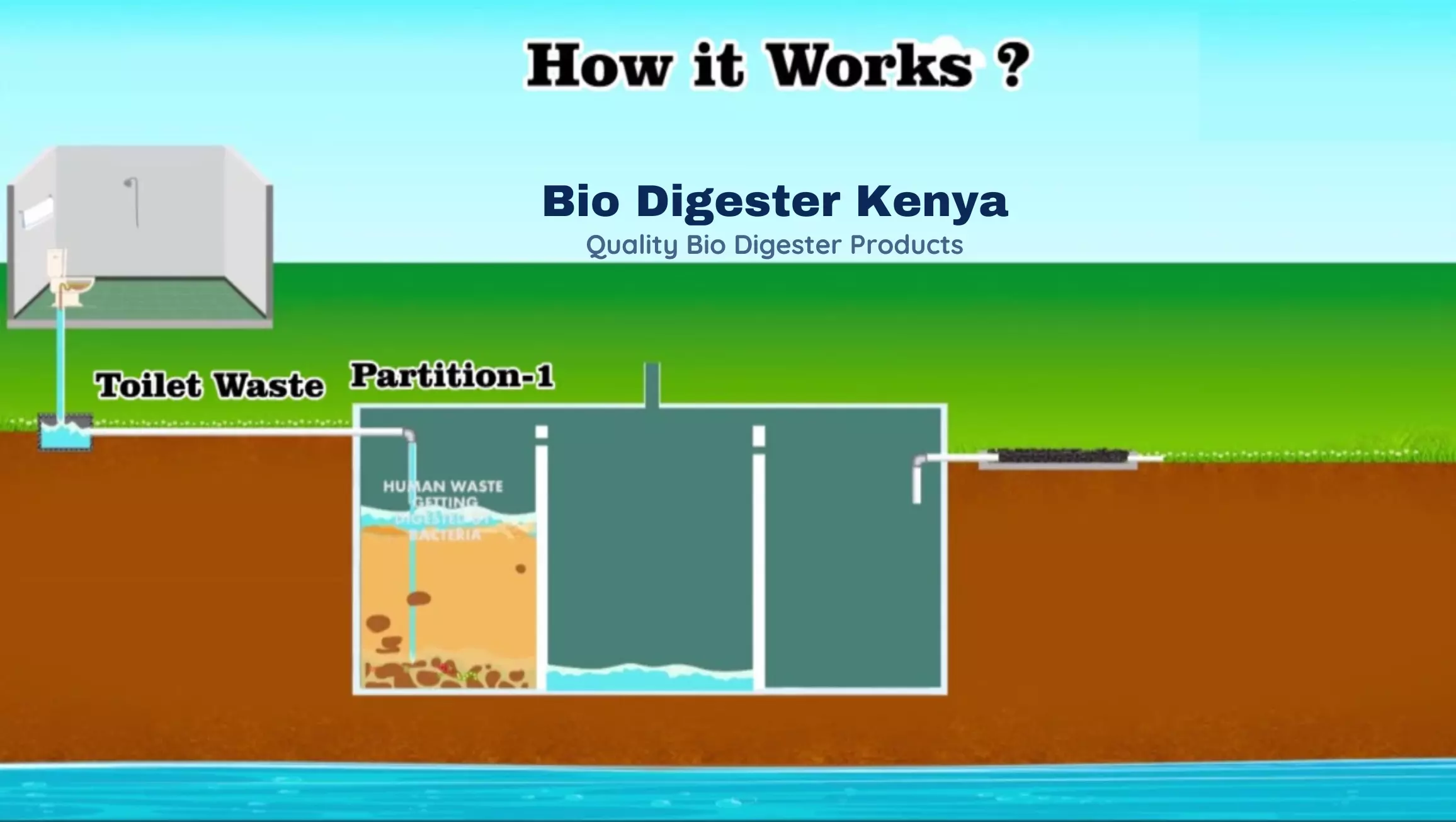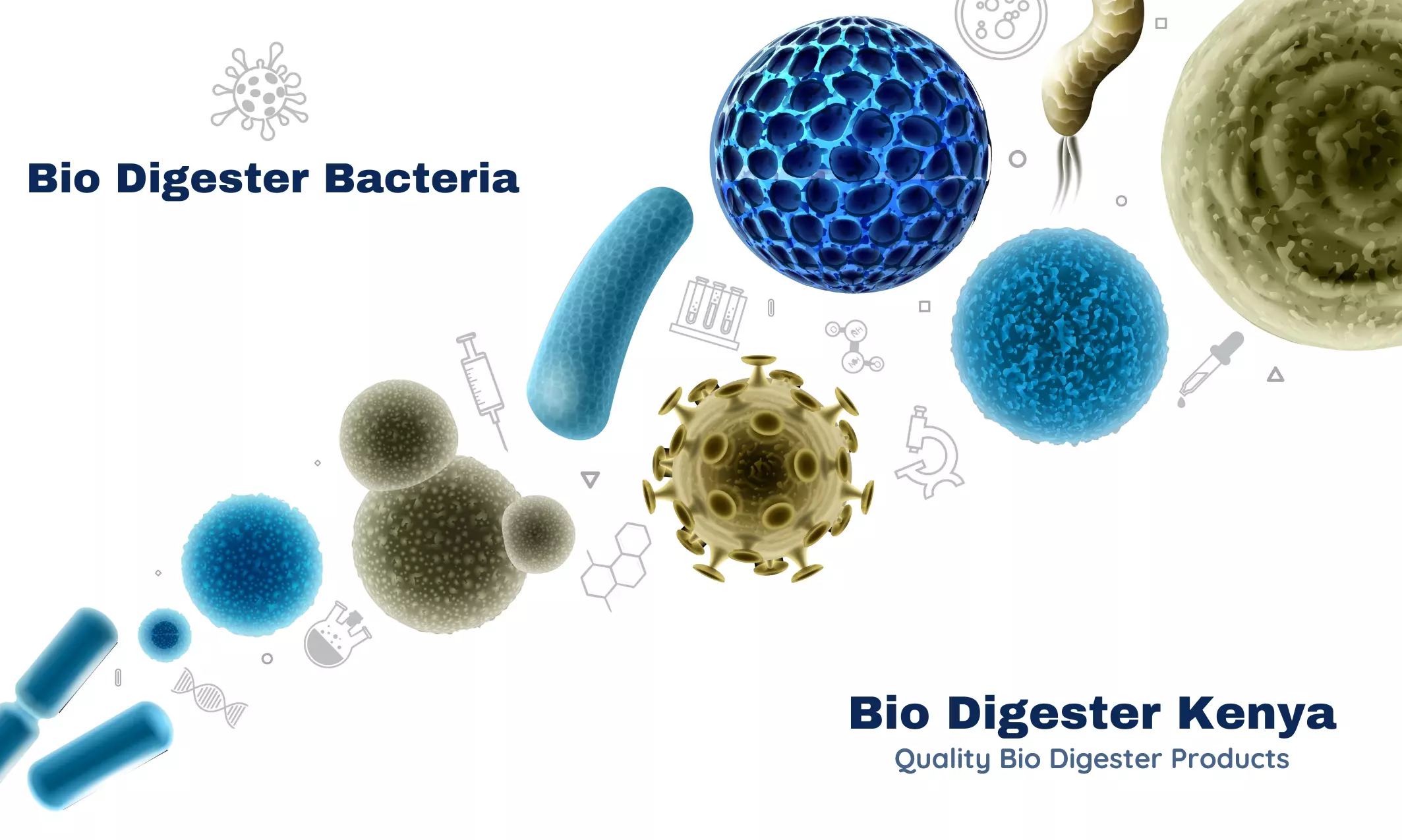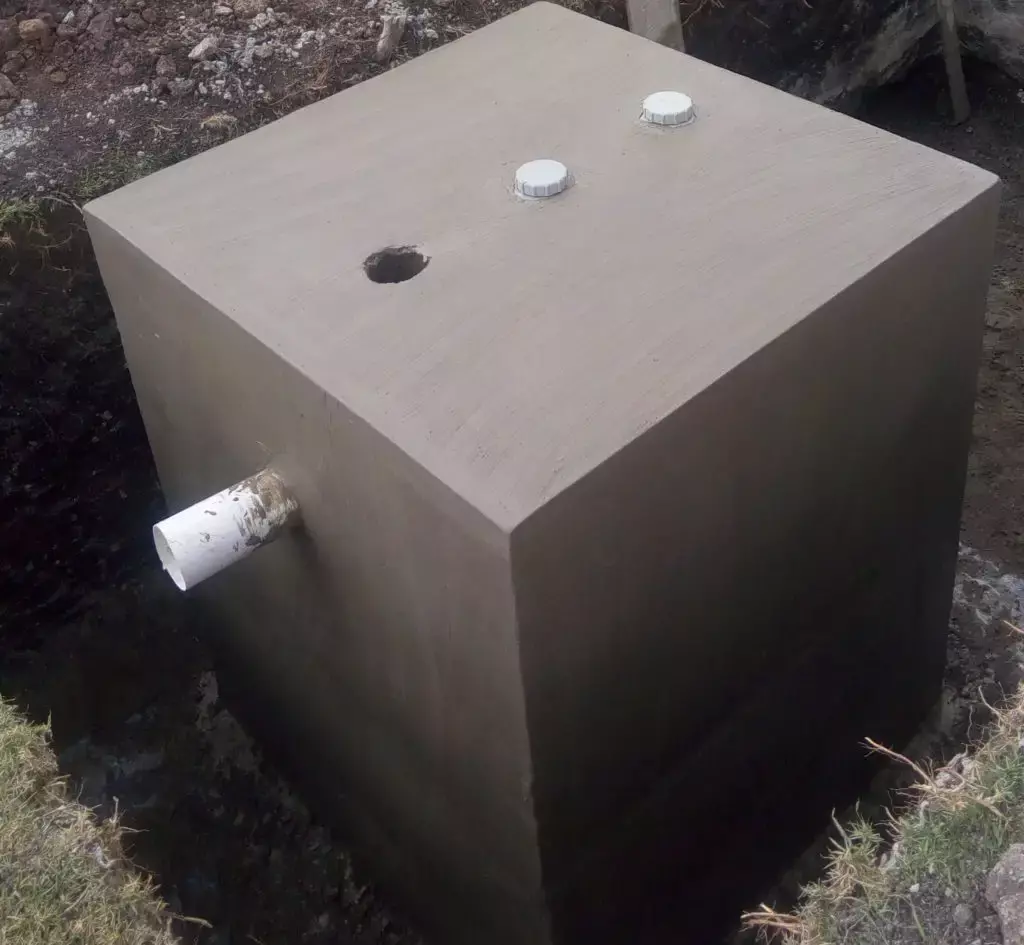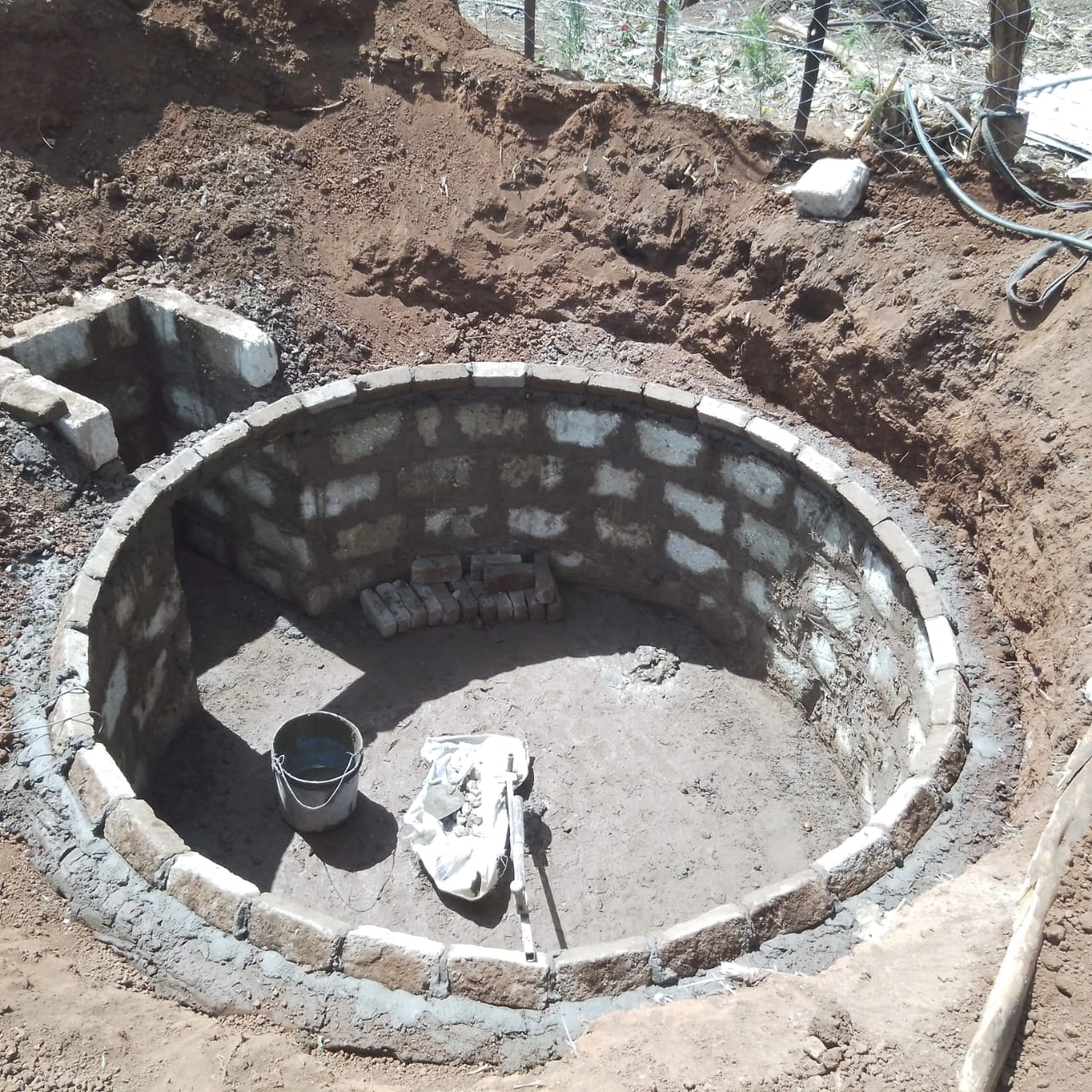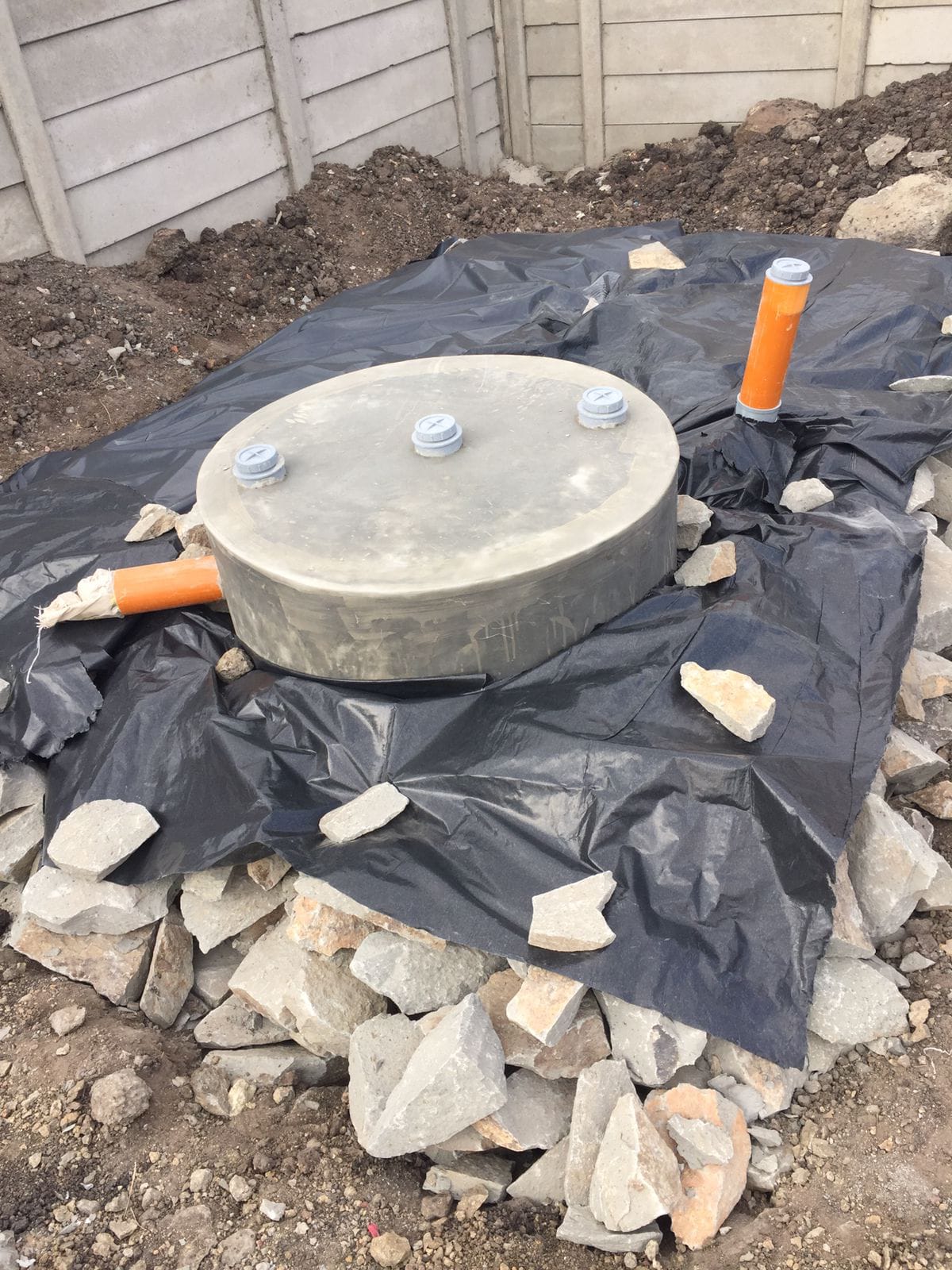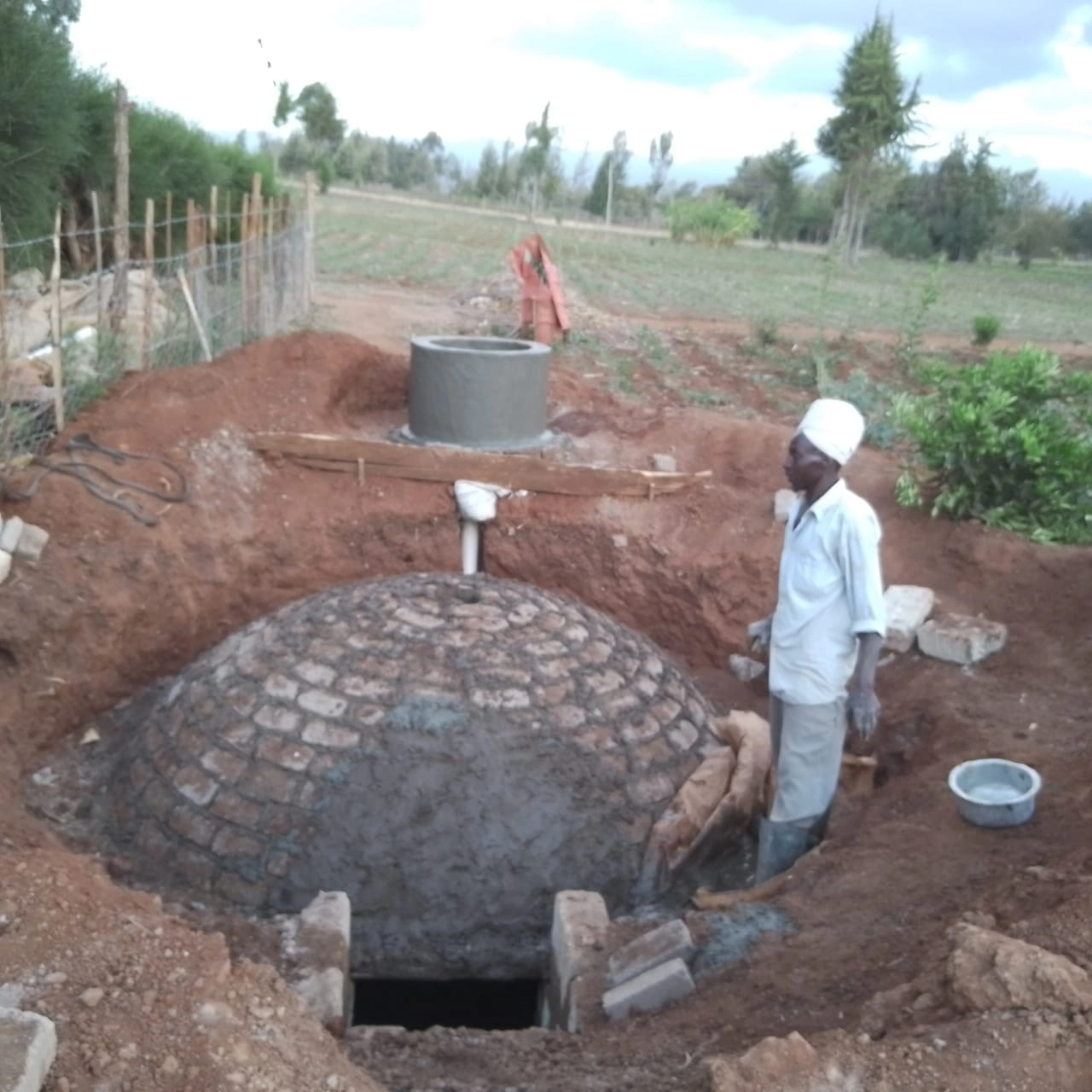Biodigesters are fantastic innovations for managing waste in an eco-friendly way, transforming what was once a messy problem into a simple, sustainable solution.
But, like any system, they work best when used correctly. So, what should you avoid putting into your biodigester to keep it running smoothly? Let’s dive in.

Table of Contents
Understanding How a Biodigester Works
Before we get into the don’ts, it’s helpful to understand the basics of how a biodigester operates.
The Role of Biodigester Enzymes
Biodigester enzymes are the unsung heroes of the system. They break down organic waste, turning it into water and biogas.
These enzymes thrive in a balanced environment and work best when fed the right materials.
What Happens Inside a Biodigester
When waste enters the biodigester, it’s broken down by these enzymes.
The byproducts—water and air—are then safely released into a soakaway pit and the atmosphere, respectively.
This process is efficient and clean, provided nothing disrupts it.
Benefits of a Biodigester
Biodigesters are space-saving, eco-friendly, and cost-effective.
They eliminate the need for frequent emptying, making them a hassle-free solution for waste management in homes and commercial spaces.
What Not to Put in a Biodigester
To ensure your biodigester functions optimally, it’s crucial to avoid introducing certain materials that can disrupt the process or damage the system.
Non-Organic Waste
One of the cardinal rules for biodigester use is to keep non-organic waste out.
Plastics and Non-Biodegradable Materials
Plastics, wrappers, and other non-biodegradable materials don’t break down in a biodigester.
Instead, they can cause blockages and even damage the system, leading to costly repairs.
Metals and Glass
Metals and glass are also a no-go. Not only do they fail to decompose, but they can also harm the mechanical parts of your biodigester, leading to malfunctions.
Harsh Chemicals
While it might be tempting to flush harsh chemicals down the drain, doing so can wreak havoc on your biodigester.
Bleach and Strong Detergents
Bleach, strong detergents, and disinfectants can kill the beneficial enzymes in your biodigester, disrupting the breakdown of waste.
Without these enzymes, your system can quickly become ineffective.
Pesticides and Solvents
Pesticides, solvents, and other toxic chemicals are dangerous for the environment and your biodigester.
They can poison the microbial life that powers the waste decomposition process.
Fat, Oil, and Grease (FOG)
Fat, oil, and grease, often referred to as FOG, are another major culprit of biodigester problems.
Cooking Oil and Grease
While it might seem harmless to pour a little leftover cooking oil down the drain, it can solidify inside your biodigester, leading to blockages that are difficult and expensive to clear.
Food Waste Containing Fats
Similarly, food waste that’s high in fats can clog the system.
It’s better to compost such waste instead of introducing it into your biodigester.
Large Solid Objects
Lastly, avoid putting large solid objects into your biodigester.
Sanitary Products
Sanitary products like pads and tampons are not biodegradable and can cause serious blockages.
Always dispose of them in a trash bin, not the toilet.
Diapers and Wet Wipes
Diapers and wet wipes are other items that should never go into your biodigester.
Even if they’re labeled as “flushable,” they don’t break down easily and can cause significant damage.
The Consequences of Putting the Wrong Items in a Biodigester
What happens if you accidentally—or intentionally—introduce these harmful items into your biodigester? The consequences can be severe.
System Blockages and Failures
The most immediate consequence is a blockage.
If non-biodegradable or large items clog the system, it can cause backups, overflows, and even total system failure.
Damage to Biodigester Enzymes
Harsh chemicals and non-organic waste can kill or severely weaken the enzymes responsible for breaking down waste.
Without these enzymes, your biodigester cannot function properly.
Increased Maintenance Costs
Blockages, enzyme damage, and system failures all lead to one thing: expensive repairs.
Avoiding the wrong materials can save you a lot of money in the long run.
How to Maintain Your Biodigester for Optimal Performance
Proper maintenance is key to ensuring your biodigester runs efficiently for years to come.
Regular Inspections
Routine inspections can help catch potential problems before they become serious.
Checking for blockages, ensuring enzymes are active, and monitoring waste levels are all part of good biodigester maintenance.
Using Bio Digester Enzymes
At Bio Digester Kenya, we offer high-quality biodigester enzymes to keep your system running smoothly.
Regularly adding these enzymes ensures that waste is broken down efficiently, preventing clogs and other issues.
Professional Maintenance Services
While some maintenance can be done on your own, having a professional check your system periodically is a smart move.
Our team at Bio Digester Kenya provides comprehensive maintenance services to keep your biodigester in top shape.
Why Choose Bio Digester Kenya?
When it comes to biodigester installation and maintenance, Bio Digester Kenya is your trusted partner.
Expertise in Biodigester Installation and Maintenance
With years of experience, we understand the unique needs of Kenyan homes and businesses.
Our team is skilled in designing, installing, and maintaining biodigesters tailored to your specific requirements.
Quality Products and Enzymes
We believe in using only the best materials and enzymes for our biodigesters.
This commitment to quality ensures that your system is both reliable and long-lasting.
Customized Solutions for Your Needs
No two clients are the same, which is why we offer customized biodigester solutions.
Whether you need a system for a small home or a large commercial property, we can design a biodigester that meets your needs.
Frequently Asked Questions (FAQs)
- Can I put food scraps in my biodigester? While small amounts of organic food waste are generally okay, it’s best to avoid large quantities or fatty foods. Composting is a better option for food scraps.
- What should I do if I accidentally put something harmful in the biodigester? If you suspect that harmful materials have entered your biodigester, contact Bio Digester Kenya immediately for a system check. We can assess the situation and recommend the best course of action.
- How often should I add enzymes to my biodigester? We recommend adding biodigester enzymes monthly to ensure optimal performance. This helps maintain the microbial balance necessary for efficient waste breakdown.
- Can biodigesters handle waste from large families? Yes, biodigesters are scalable and can be designed to handle the waste output of large families or even commercial properties.
- Are there any signs that my biodigester is not functioning properly? Slow drainage, unpleasant odors, and frequent blockages are all signs that your biodigester may not be working properly. If you notice any of these issues, contact us for an inspection
Conclusion
Using a biodigester is an excellent way to manage waste sustainably, but it’s important to use the system correctly.
By avoiding non-organic waste, harsh chemicals, and other harmful materials, you can ensure that your biodigester remains efficient and problem-free.
Bio Digester Kenya is here to support you with expert advice, quality products, and professional services.
Contact us today to learn more about how we can help you maintain a clean and effective waste management system.
